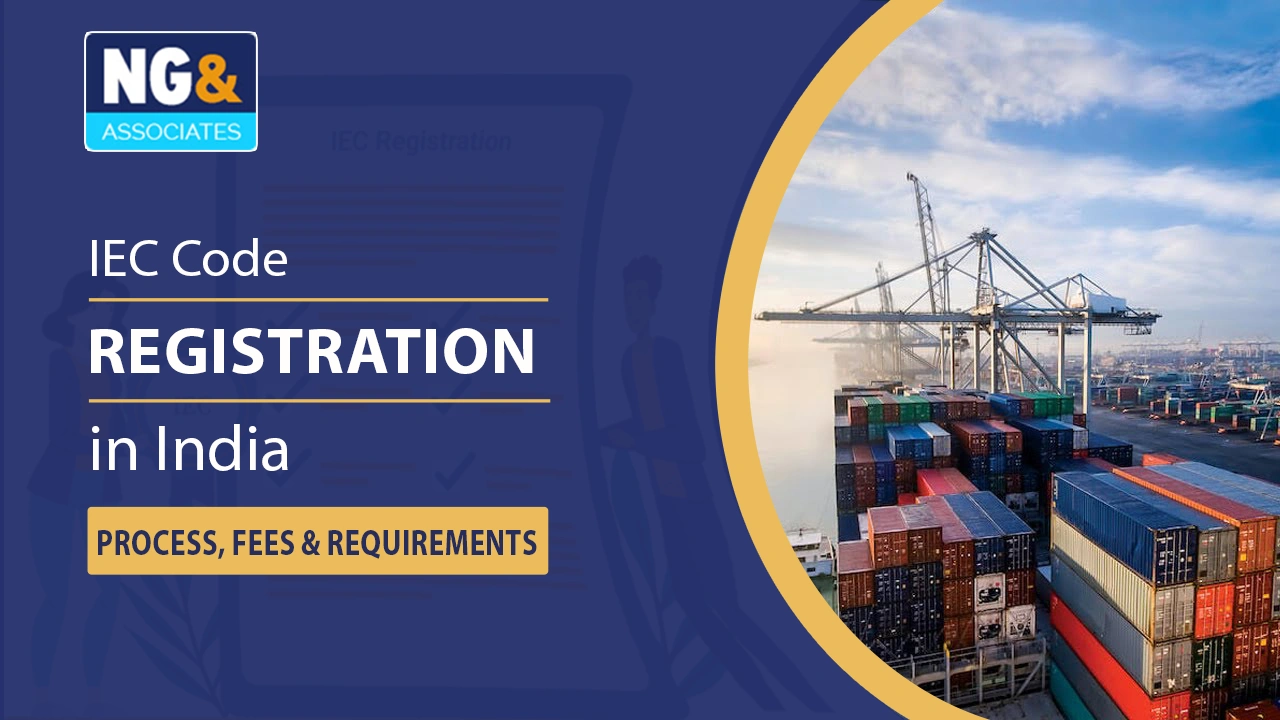
Company policies are essential documents that guide employee behavior, ensure regulatory compliance, and establish the operational and ethical standards of a business. In India, having a well-drafted internal policy structure is not just best practice—it is often a legal requirement.
This guide is intended for Indian startups, HR managers, compliance officers, and entrepreneurs looking to understand how to develop policies that comply with Indian labour laws, enhance workplace ethics, and fulfill regulatory requirements such as the POSH (Prevention of Sexual Harassment) Act.
What Are Company Policies?
Company policies are formal internal rules and standards that govern employee conduct, operations, and management practices. They provide clarity on what is expected of employees and outline procedures for common workplace situations. These policies vary from general behavioral expectations to legal requirements for workplace safety, anti-harassment procedures, working hours, and more.
Why Are Company Policies Important in India?
• Provide a legal framework to resolve workplace disputes
• Ensure compliance with Indian labour laws
• Protect employers and employees
• Establish workplace ethics and behavior norms
• Prevent incidents of harassment and misconduct
• Enhance operational consistency across departments
• Boost employee morale and retention
• Improve transparency in internal procedures and decision-making
Types of Internal Company Policies in India
1. Human Resource (HR) Policies
HR policies are the most fundamental part of an internal policy framework. These govern the employee lifecycle, set behavioral expectations, and define employee rights and duties. Common HR policies include:
• Hiring and Recruitment Policy
• Onboarding Procedures
• Leave and Attendance Policy
• Employee Benefits and Welfare
• Remote Work and Work-from-Home Guidelines
• Performance Appraisal and Promotion Policy
• Resignation, Exit Interviews, and Termination Policy
2. Code of Conduct Policy
A code of conduct serves as the foundation for ethical behavior within an organization. It defines how employees are expected to behave and includes:
• Professionalism and punctuality
• Dress code and workplace decorum
• Confidentiality and data handling
• Ethical practices, honesty, and integrity
• Use of office property and internet
• Anti-bribery and anti-corruption rules
• Conflict of interest declaration
3. Sexual Harassment Policy (POSH)
The POSH policy is legally required for all Indian companies with 10 or more employees. This policy aligns with the Sexual Harassment of Women at Workplace (Prevention, Prohibition and Redressal) Act, 2013.
Key elements of a POSH policy:
• Setting up an Internal Complaints Committee (ICC)
• Defining sexual harassment and examples
• Detailing the process of complaint submission and investigation
• Ensuring timely resolution
• Maintaining confidentiality of the parties involved
• Providing awareness training and workshops
• Specifying disciplinary actions and legal consequences
4. Workplace Ethics Policy
Workplace ethics policies build a safe and inclusive culture. This policy outlines the moral principles the company expects all employees to follow.
• Anti-discrimination and equal opportunity statements
• Provisions for respecting diversity and inclusion
• Prohibiting any form of workplace bullying or harassment
• Promoting respectful collaboration and communication
• Encouraging reporting of ethical violations
• Defining a whistleblower policy
5. Compliance Policy
A compliance policy ensures your company meets the obligations laid down by Indian central and state laws. It covers aspects such as:
• Provident Fund (PF) and Employee State Insurance (ESI) registration
• Payment of Gratuity and Bonus Act implementation
• Minimum Wages Act and compliance checks
• Maintenance of statutory registers and payroll documentation
• Employee safety, health, and welfare measures
• Contract labour compliance under the Contract Labour Regulation Act
Step-by-Step Guide to Drafting Company Policies in India
Step 1: Identify the Required Policies
Begin with an internal assessment to identify operational areas that need formal policies. This may include HR, legal, administrative, IT, and safety policies.
Step 2: Understand the Legal Framework
Familiarize yourself with applicable laws that impact workplace practices in India. Key legislation includes:
• The Shops and Establishment Act (varies by state)
• Factories Act, 1948
• Maternity Benefit Act, 1961
• Employees' Provident Fund & Miscellaneous Provisions Act, 1952
• Employees' State Insurance Act, 1948
• Sexual Harassment of Women at Workplace Act, 2013 (POSH)
• Payment of Bonus Act, Payment of Gratuity Act
Step 3: Draft the Policy in Clear Language
Each policy should have:
• Title and Objective
• Scope and Applicability
• Procedures or Guidelines
• Roles and Responsibilities
• Disciplinary Action for Non-compliance
Use plain language that is easy for all employees to understand. Avoid technical jargon unless necessary.
Step 4: Consult Legal and HR Experts
It is essential to get each policy reviewed by legal experts to ensure that they meet Indian statutory requirements. HR professionals help ensure the policies are practical and implementable.
Step 5: Approve and Circulate the Policy
Policies must be approved by top management or the board. They should then be published in the official employee handbook and uploaded to the internal HR platform.
Step 6: Educate and Train Employees
Conduct orientation programs for new joiners and refresher training for existing employees. Special training should be organized for POSH compliance and workplace ethics.
Step 7: Review and Update Annually
Labour laws are regularly updated in India. Hence, policies should be reviewed at least once a year and revised as required.
Key Elements of an Indian Employee Handbook
• Company overview and corporate values
• Structure and hierarchy of departments
• Classification of employment types
• Onboarding and induction process
• Leave entitlements and procedures
• Holidays and weekly offs
• Performance management and promotions
• Compensation and benefits policy
• Code of conduct and ethical guidelines
• Workplace safety measures
• IT and communication policies
• Disciplinary and grievance redressal system
• Resignation, termination, and exit interview process
• POSH policy and reporting mechanisms
• Acknowledgment and employee declaration page
Best Practices for Internal Policy Drafting in India
• Keep policies concise, consistent, and legally compliant
• Ensure policies are culturally sensitive and inclusive
• Align with company mission and core values
• Make policies available in multiple languages if needed
• Incorporate employee feedback during revisions
• Track employee acknowledgment and consent for all policies
FAQs – Company Policy Drafting in India
Q1: Are company policies legally mandatory in India?
Yes. Certain policies, like POSH and compliance with ESI, PF, and other labour laws, are mandatory.
Q2: Can startups draft their own HR and compliance policies?
Yes, but it is recommended to have them reviewed by legal counsel to avoid liability or non-compliance.
Q3: How often should internal company policies be updated?
Ideally once a year, or immediately after any major change in law or company structure.
Q4: What are the consequences of not having a POSH policy?
Non-compliance with the POSH Act can lead to penalties, loss of license, and reputational damage.
Q5: What is the role of an Internal Complaints Committee (ICC)?
Final Thought
Drafting comprehensive company policies is crucial for businesses operating in India. It ensures legal compliance, protects organizational interests, promotes a positive work environment, and enhances employee trust. Startups and SMEs should focus on developing key HR, compliance, and ethics policies from day one.
With frequent changes in labour laws and compliance regulations, it is important to update internal policies regularly and ensure employees are trained and aligned with them.
Need Help Drafting or Reviewing Company Policies in India?
NG & Associates offers expert legal support for:
• Company policy drafting and legal vetting
• POSH implementation and ICC setup
• Employee handbooks and HR documentation
• Labour law compliance and advisory
To empower Indian businesses, especially startups, to develop strong, compliant, and people-friendly internal policies that align with legal requirements and ethical workplace culture.
Blog Comments (0)
Leave a Reply
Categories
- Trademark
- Patent
- Copyright
- Import-Export & International Trade
- Finance & Business Growth
- Company Registration
- Corporate Legal Services
- DGFT & IEC Code Registration
- Corporate & Business Law
- company registration
- Labour Law & Policy Drafting
- Corporate Compliance
- Legal Agreements & Templates
- Contract Law & Drafting
- Startup Legal Compliance
- Contract Drafting & Legal Services
- Company Policies & Governance
- Business Reporting & Compliance
- Legal Drafting & Documentation
- Legal Agreements & Drafting
Recent Post



















